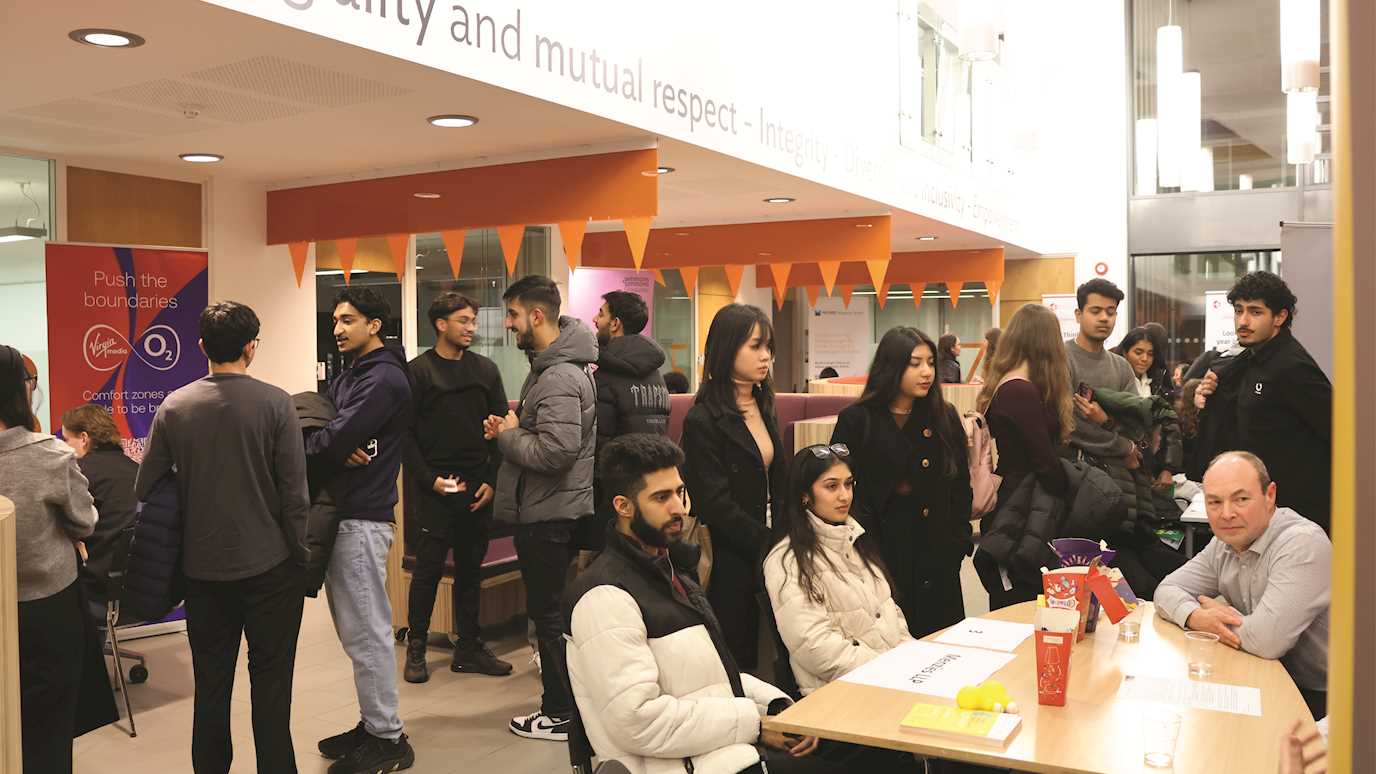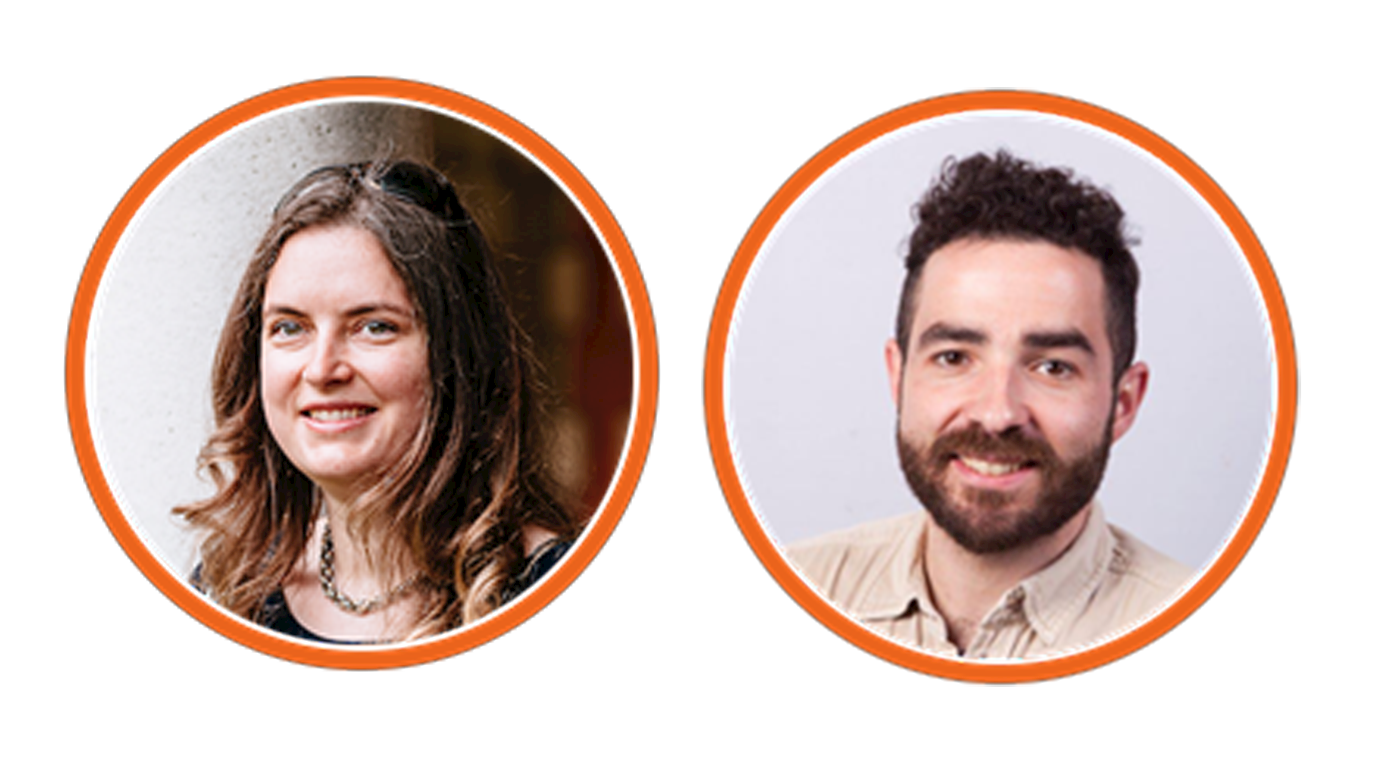European Group for Organization Studies (EGOS) - 4-6th July 2019 in Edinburgh

Sub-Theme 02 [SWG]: Revealing Obscured and Emerging Issues in Organizational Responsibilities
Convenors:
Lauren McCarthy (Royal Holloway, University of London, United Kingdom)
Laura J. Spence (Royal Holloway, University of London, United Kingdom)
Arno Kourula (University of Amsterdam, The Netherlands)
Call for Papers
In this inaugural sub-theme of a new EGOS Standing Work Group (SWG) on “Organizing Social Responsibilities in Contested Times”, we aim to study new and previously ‘hidden’ social issues that appear on the radar of organizational researchers and, despite their magnitude, have only recently been picked up and investigated from an organizational perspective. This focus chimes with this year’s Colloquium theme: Enlightening the Future. The key problem we face is how to organize and divide responsibilities between societal actors when new issues emerge. To do this we need to enlighten ourselves toward new understandings and new insights on organizational responsibilities in 2019 and beyond.
New issues include, for instance, modern forms of slavery (Crane, 2013), big data, new technologies and artificial intelligence usage by organizations (Colbert et al. 2016; Flyverbom et al., 2017), mental health and wellbeing (Cedertröm & Spicer, 2015), organizational impacts on and of gender inequality (Grosser & Moon, 2017; McCarthy, 2017), and income inequality (Bapuji, 2015). From exciting developments in circular economies (Stahel, 2016) and worrying trends in gig economies (Fleming, 2017), there are also many emerging social and environmental problems under the umbrella of the United Nations Sustainable Development Goals (Howard-Grenville et al., 2017). Recent protectionist political and economic trends, de-legitimation of media at the national level, and broader changes in the global governance landscape only add to the contestation of taking, assigning and ignoring organizational responsibilities.
These fast-changing and unpredictable trends, issues and events (Moon et al., 2017; Pisani et al., 2017) present new problems for organizations. Whilst some of these issues are new, brought about by advances in technology, for example, others are longstanding problems that have been ‘obfuscated’ (Spence, 2016). We therefore seek to put those new and ‘hidden’ issues on the agenda of organizational research to enable a more systematic assessment of how these issues reflect organizational practices and how organizational responsibilities for the issues might be delineated and theorized (Davis, 2015).
Possible questions include, but are not limited to:
- Which social issues have previously been hidden or ignored by organizational scholars and how do these support organization theory development?
- How are responsibilities divided amongst different societal actors, and how are power relations manifested as new issues emerge?
- How are organizational responsibilities assigned or adopted similarly or differently across different issues?
- How do recent developments in the political and media landscape affect organizational responsibilities?
- What role does technology play in the adoption or assignment of organizational responsibilities?
Submissions of short papers (of 3000 words) opened on September 17th 2018, and closed January 14th 2019.
Any questions, please email Lauren McCarthy.
























